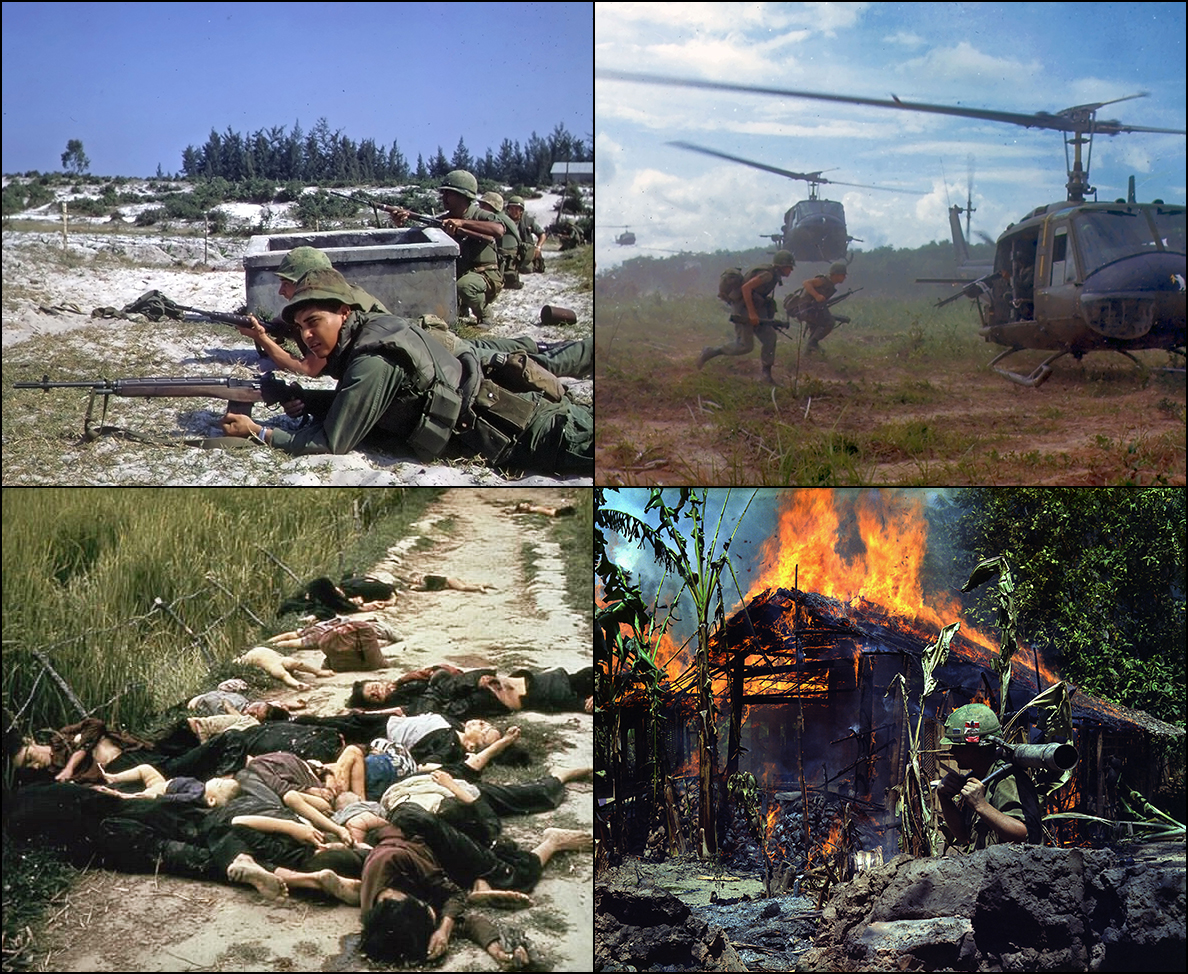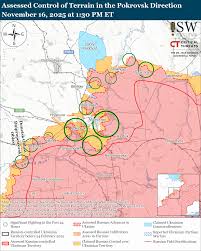
Introduction
The Vietnam War, a prolonged conflict that lasted from 1955 to 1975, remains one of the most significant wars of the 20th century. Its impact not only shaped Vietnam but also transformed American society and foreign policy, leading to widespread protests and debates about military ethics. Understanding this war is crucial as it highlights issues of nationalism, colonialism, and human rights, which continue to resonate today.
Background and Key Events
The war began as a civil conflict between the communist government of North Vietnam and the South Vietnamese government, with the US supporting the latter as part of its Cold War strategy to contain communism. Key events included:
- The Gulf of Tonkin Incident (1964): This pivotal moment led to increased US military involvement, with Congress passing the Gulf of Tonkin Resolution, giving President Lyndon B. Johnson broad war powers.
- The Tet Offensive (1968): A coordinated series of North Vietnamese attacks during the Vietnamese lunar new year, Tet, that shocked the US public and media, shifting perceptions about the war.
- My Lai Massacre (1968): The killing of hundreds of unarmed South Vietnamese civilians by US troops raised severe ethical questions about military conduct, triggering outrage and protests against the war.
The Aftermath and Legacy
The Vietnam War officially ended with the fall of Saigon in 1975, resulting in the reunification of Vietnam under communist control. The conflict had devastating consequences, with millions of Vietnamese and over 58,000 US soldiers dead, and countless more wounded both physically and psychologically.
In the US, the war deeply affected public opinion, leading to a generation marked by distrust in government and increased advocacy for peace movements and civil rights. The repercussions continue, with Vietnam today seen as a vital partner in Southeast Asia, as the country has embraced economic reforms and integration into the global economy.
Conclusion
The Vietnam War serves as a lesson on the complexities of war, the impact of media on public perception, and the long-term consequences of foreign intervention. As we look to the future, the legacy of the Vietnam War remains a poignant reminder of the need for careful consideration of military action and the importance of understanding the cultural and political dynamics in regions of conflict. These lessons hold significant relevance in current global military strategies and international relations.
You may also like

The Life and Legacy of Freddie Scappaticci

Tragic Collapse of Medieval Tower in Rome

The Situation in Pokrovsk Amidst the Ukraine War
SEARCH
LAST NEWS
- Remembering Wendy Richard: The Promise to Co-Star Natalie Cassidy
- How Did Anglian Water Achieve an ‘Essentials’ Rating for Mental Health Accessibility?
- Shai Hope Leads West Indies in T20 World Cup Clash Against South Africa
- What We Know About Weston McKennie: Future at Juventus and Past at Leeds
- What We Know About the Upcoming Live Nation Antitrust Trial